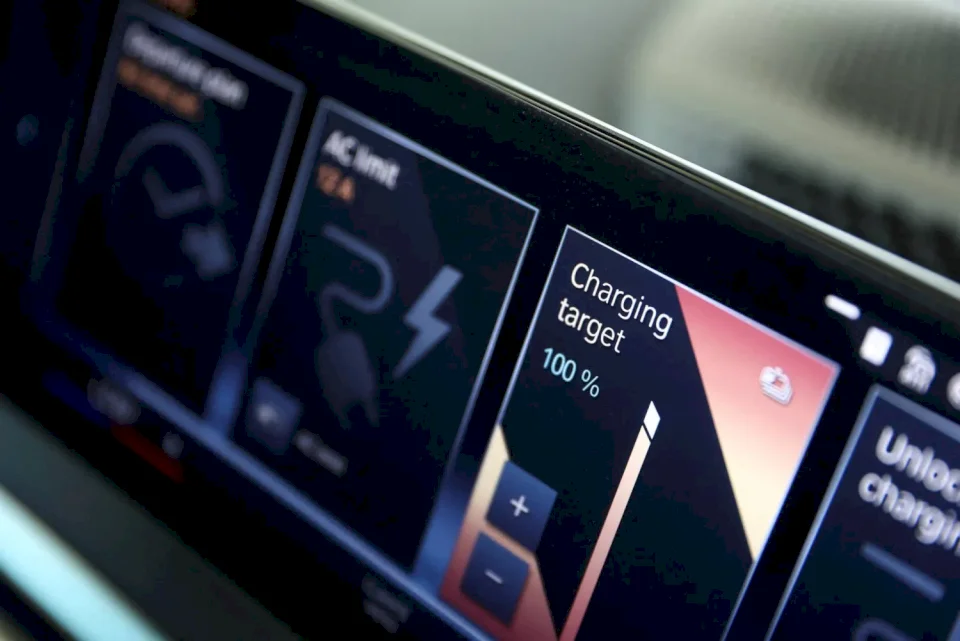
Scientists Discover Method to Speed Up Battery Charging Process
SadaNews - Researchers at the Massachusetts Institute of Technology (MIT) in the United States have made a discovery that could lead to much faster charging of cars and electrical devices, according to the "Independent" newspaper.
This discovery relates to the fundamental reaction at the heart of all lithium-ion batteries.
These batteries, which power everything from smartphones and laptops to electric cars, function by transferring tiny particles called lithium ions in and out of solid electrodes, a process that repeats thousands of times throughout the battery's lifespan.
The speed of this reaction determines the charging rate of the battery and the amount of energy it can supply.
So far, engineers have relied heavily on trial and error in their efforts to improve batteries. The prevalent theory, based on a century-old equation, has not fully explained the varying results among different materials.
However, researchers at the Massachusetts Institute of Technology (MIT) have shown that the reaction depends on what is known as "coupled ion and electron transport," where lithium ions do not efficiently move to the electrode unless electrons are also present at the same time.
Martin Bazant, a mathematics professor at MIT, stated: "We hope this work will enable the acceleration and finer tuning of reactions, which will speed up charging and discharging."
Reaction rates were measured across more than 50 different materials, including those used in phones and electric cars. Their new theory not only matched real-world data but also revealed ways to speed up the reaction.
The researchers found that by modifying the liquid electrolyte inside the battery – for example, by replacing some chemical components – charging speeds can be significantly improved while reducing wear and tear that shortens battery life.
Professor Bazant said this work could ultimately provide manufacturers with the "theoretical framework" needed to design batteries rationally, instead of relying on costly guesswork.
His colleague, Professor Yang Shao Horn, reported that this would "unify" years of puzzling results into one clear picture.

Scientists Attempt to "Intercept Cancer" Before Its Formation.. Know the Details

American Fact-Checking Platform Exposes Trump's Exaggerations in State of the Union Addres...

How Mourinho Deceived Everyone and Watched the Match Between Real Madrid and Benfica from...

Fat Loss Improves Blood Pressure and Supports Immunity

Galaxy S26 Armed with a Smart Feature to Combat the Most Dangerous Threats to Smartphones

Discovery of Microplastic Particles in 90% of Prostate Cancer Cases

Artificial Intelligence Diagnoses Children's Brain Tumors with 92% Accuracy Without Surger...

